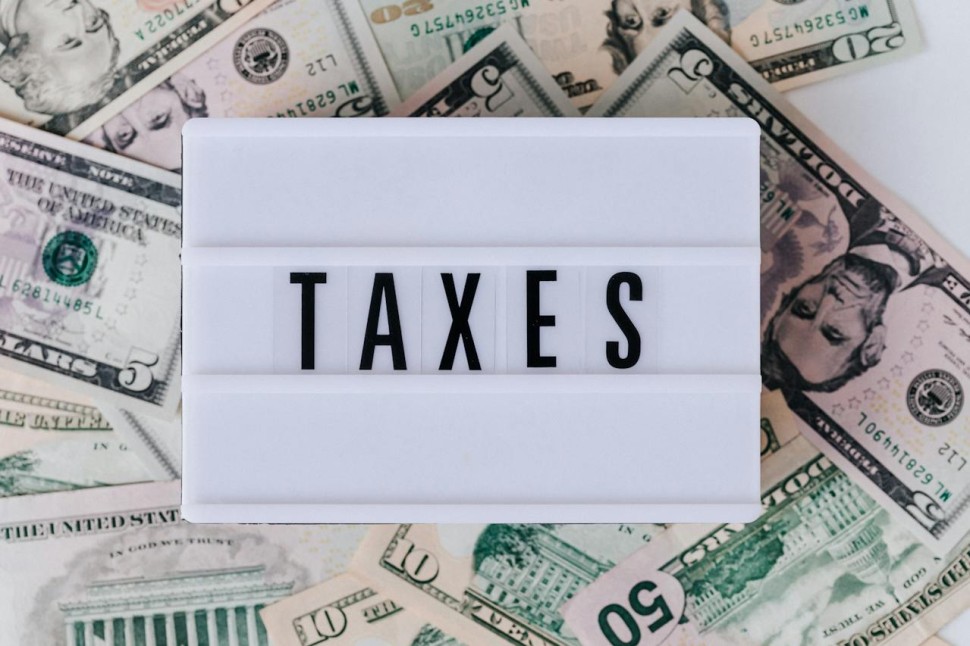House Ways and Means Chair Jason Smith scrutinizes the tax exemptions of Harvard, MIT, and the University of Pennsylvania, raising concerns over potential lapses in compliance with the educational criteria necessary for maintaining their 501(c)(3) tax-exempt status.

Warning Signals and Controversial Testimonies
In a cautionary move, Smith has alerted the leadership of these prestigious institutions about the possible implications of their response to Hamas' attack on Israel. Notably, letters were dispatched to Harvard, MIT, and Penn, targeting the presidents who recently faced scrutiny in a controversial appearance before the House Education and Workforce Committee.
Codes of Conduct and Compliance
Smith underlined the testimony of the university presidents, where they provided qualified responses to inquiries about the appropriateness of statements that could be perceived as advocating harm against Jewish students. According to Smith, this raises doubts about whether these institutions meet the essential requirements to retain their tax exemptions.
Expanding the scope of his inquiry, Smith extended the inquiry to Cornell University's president, Martha Pollack. This decision followed a Cornell student's accusations in November, blaming the school's administration for not condemning antisemitic threats on campus.
Core Questions Raised
Smith's letters pointedly question whether these institutions fulfill their educational purposes as mandated for 501(c)(3) tax-exempt status. The inquiry also probes whether these institutions are adequately safeguarding Jewish students from harassment and violence in alignment with anti-discrimination laws.
Unveiling Hypocrisy: Antisemitism versus LGBTQ+ Protection
The chairman highlighted what he perceives as hypocrisy, citing the contrast between the universities' responses to antisemitism and their proactive stance in protecting other marginalized groups, such as LGBTQ+ students. This apparent inconsistency adds complexity to the ongoing scrutiny.
Leadership Changes Amidst the Storm
Further complicating matters, two of the three presidents who testified in December - Harvard's Claudine Gay and Penn's Liz Magill - have stepped down, introducing an element of leadership flux during this examination period.
External Caution and Congressional Persistence
Despite external warnings about the potential dangers of politically motivated actions against universities' tax exemptions, Smith persists in seeking information. He has requested comprehensive data from all four universities, allowing the Ways and Means Committee to assess the necessity of the current benefits and tax treatment.
Key Information Sought
Smith's inquiry seeks detailed information, including the universities' policies on free speech, efforts to address poor free speech ratings from the Foundation for Individual Rights and Expression (FIRE), potential liability under the excise tax on large universities established by the GOP's 2017 tax law, and expenditure on diversity, equity, and inclusion (DEI) initiatives.
Importance of Legal Assistance
In navigating the complexities of tax-exempt status and compliance with educational mandates, seeking legal assistance becomes imperative. Experienced lawyers specializing in tax law and nonprofit regulations can provide invaluable insights, ensuring institutions remain on solid legal ground.
Legal counsel offers clarity and guidance for institutions grappling with these intricate challenges. Contact seasoned legal professionals familiar with nonprofit governance and tax law to secure your institution's compliance and protect its tax-exempt status.
For expert guidance on tax law and nonprofit compliance, contact us today. Safeguard your institution's standing with strategic legal support.




